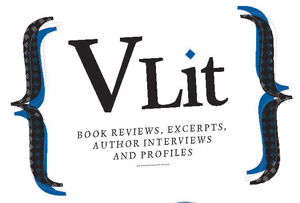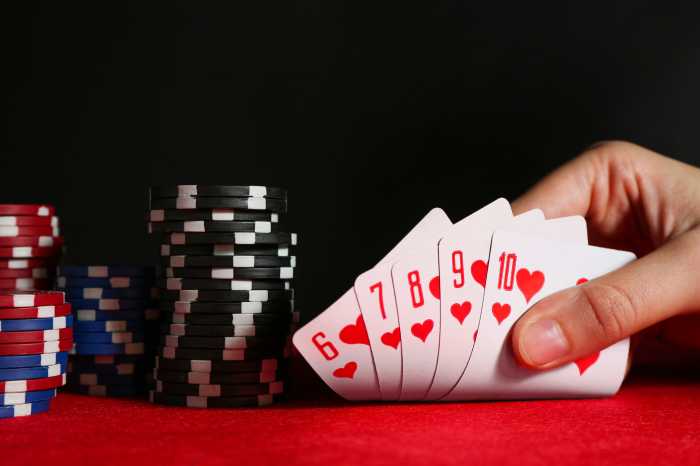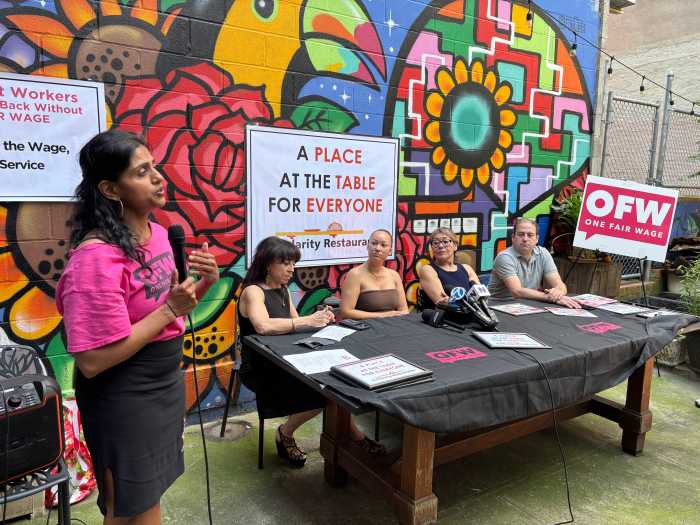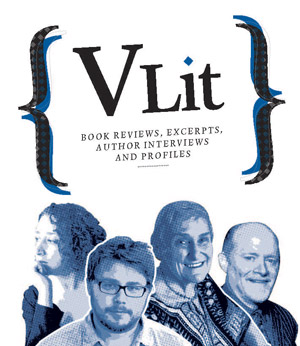 BY CARI LUNA | Steve stares out the bedroom window. It’s cold — no way to totally draft-proof hundred-some-year-old frames — but he doesn’t mind. He had the same kind of tired tenement window in his room as a kid, across the street and up the block a ways. The cold never stopped him from standing by it all hours of the night, staring out, hoping to see something. Shooting star, spaceship.
BY CARI LUNA | Steve stares out the bedroom window. It’s cold — no way to totally draft-proof hundred-some-year-old frames — but he doesn’t mind. He had the same kind of tired tenement window in his room as a kid, across the street and up the block a ways. The cold never stopped him from standing by it all hours of the night, staring out, hoping to see something. Shooting star, spaceship.
Cari Luna received an M.F.A. in fiction from Brooklyn College. Her short fiction has appeared in failbetter, Avery Anthology, PANK and Novembre Magazine. New York-born, she now lives in Portland, Oregon, with her husband, their two children, a cat and four chickens. Her new novel, “The Revolution of Every Day” (Tin House Books, October 2013), an excerpt from which follows below, is about East Village squatters.
All he ever saw was Crazy Louie dragging his decrepit Chihuahua for a late-night walk; old man Hoffman coming home from his shoe repair shop on Avenue A; gangs of teenage boys, all slick and sharp-edged, cutting jagged lines as they walked right down the middle of Thirteenth Street. Juan Carlos Ramirez. Manny Miranda. Miguel Angel del Prado. He mouthed their names like incantations, breathed them, didn’t dare give them voice. The kings of Thirteenth Street. The princes of Loisaida. All dead years ago. Princes die young around here.
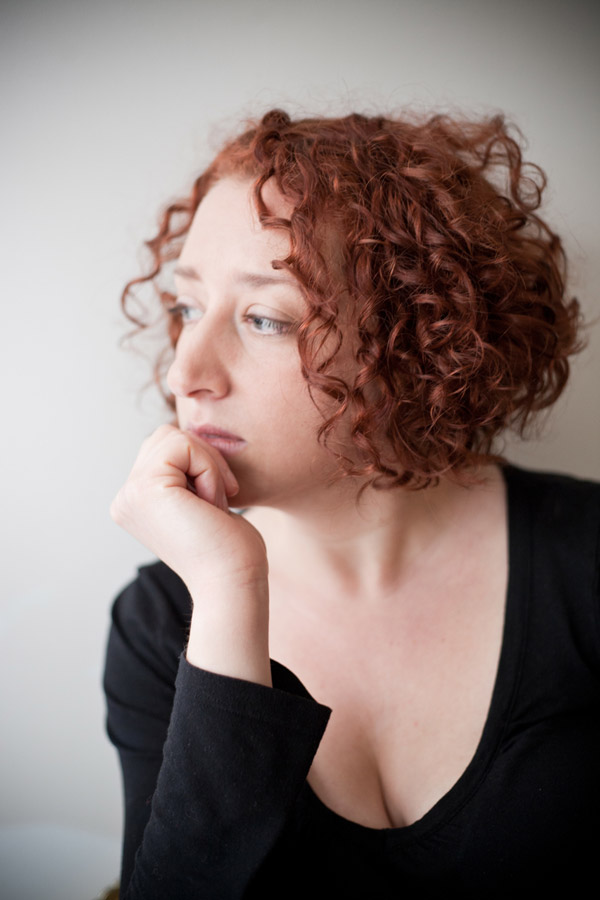
Thirty years gone since then. New Juan Carloses, new Mannys, dozens of Miguel Angels since then. Same old story in an endless loop. It was probably the same story when the neighborhood belonged to the Jews. The black kids over on Avenue D are probably living out the same shit, too. People aren’t so different. Times haven’t changed so much. Young is young. Poor is poor.
And here Steve is, forty-two years old, still standing at a bedroom window looking out on Thirteenth Street. But he’s done some good here in the old hood. Carved out a place in the world for himself and his wife. He and Anne and the other homesteaders, they’re taking Loisaida back from the crackheads and dealers one abandoned building at a time. Call them squatters, fine, but homesteading’s what this is really about. Staking a claim. Taking back the land. Loisaida — as much his ancestral home as Puerto Rico. More so.
A gang of teenagers slides down the street. Boys like lion cubs, testing their teeth.
Steve grabs his coat, heads down the stairs.
“Going for a walk,” he says to Anne, who’s planted on the folding chair in the vestibule, empty mug by her feet and a book in her hand. A quick kiss to her cheek and he’s out the door.
It’s a beautiful night, cold and clear. Nights like this, Steve feels like he could follow the streets and they’d take him anywhere. Walk east into the river and across to Brooklyn; walk north into the low mountains of Rockland County. Walk south and jump off the island’s end, swim through the harbor and right on out to sea.
Maybe he’ll head over to the Brooklyn Bridge. Walk halfway across, just to look back, see the city lights in the water. The lights in the water like some second city, a city of the drowned. He always thought that when he and Anne had a kid, he would spin it into a bedtime story. “Hey, kiddo, guess what? There’s a whole ’nother city in the East River. Folks who drowned and came back to life, only now they live in the river. They breathe water. They eat tin cans and tennis shoes.”
Instead he takes a right on Avenue B and up to Fourteenth. The all-night Chinese on the corner is lit up, the cold white fluorescent lights a beacon against the rolled-down security gates of the stores around it. Chicken wings and rice $2.99. Spare ribs $1.95. A black guy in a banker suit waits for his food. He leans his shoulder against the bulletproof glass walling off the register and kitchen. A thick scar cuts across his cheek like words escaping his mouth.
On past the Chinese and around the corner. Madame Rosa Palm Reader gone dark for the night. The plastic and grime of Fourteenth Street shut tight. Only the dime-bag bodega is open along this stretch. Across the way, light gleams still from some of the windows of Stuyvesant Town, the redbrick towers with their backs turned to the tenements to hide the secret playgrounds and quiet treed streets at the center. When he was a kid he’d sit in the Oval in Stuytown — that park at the heart of it with the fountain and the benches and the smooth, looping walkways. The trees and the playgrounds. He’d watch the shiny kids in their shiny shoes, and pretend he lived there, too. Or he’d imagine he was a fish in that fountain, a magic fish that ate all the coins thrown in there. A wish-eating fish.
Up the block, he spies Ivan, that old queen all done up in his dress and wig and the whole bit, just turned the corner from A onto Fourteenth and walking west. Five kids come around the corner — same kids Steve saw out his window. They’re silent and quick, sleek like sharks, but Ivan knows they’re following him; you can see it in his walk, all nervous and clipped in those high heels, not his usual strut.
Steve knows Ivan from way back, like grade school way back. They’d sit on their stoop sometimes, swapping comic books while their dads played dominos at a card table on the sidewalk. Steve breaks into a jog. Easy, like he wants to catch up to a friend. Casual. “Hey, Ivan! Wait up!” Usually Ivan won’t respond to that name when he’s all dressed up, but Steve’s fucked if he can remember what he is supposed to call him. And now he knows for sure that Ivan knows the kids are after him because he responds to his guy name, that big platinum wig swinging around a beat behind the rest of him when he turns.
Steve meets the kids’ eyes as he passes them. I see you, motherfuckers. That’s enough. They melt around and past him and Ivan, a muttered “fuckin’ faggots” and on ahead to First Avenue, where they disappear around the corner, headed downtown.
Ivan spits on the ground, adjusts his wig. “Like goddamn baby piranhas, I swear to God.”
Steve offers his arm. “Let me walk you a ways.”
Ivan laughs and it’s the same high, ringing sound from when they were kids. “You’re a good man, Estefan. Go home to your wife.” He kisses Steve’s cheek and walks on, swinging his skinny Rican ass more than strictly necessary.
“And how am I supposed to explain the lipstick on my face?” Steve calls after him. He watches until Ivan crosses First Avenue and sinks into the safety of the crowded sidewalks there.
He buys a beer and a paper at the bodega, a cup of coffee for Anne. He goes home to his wife.



